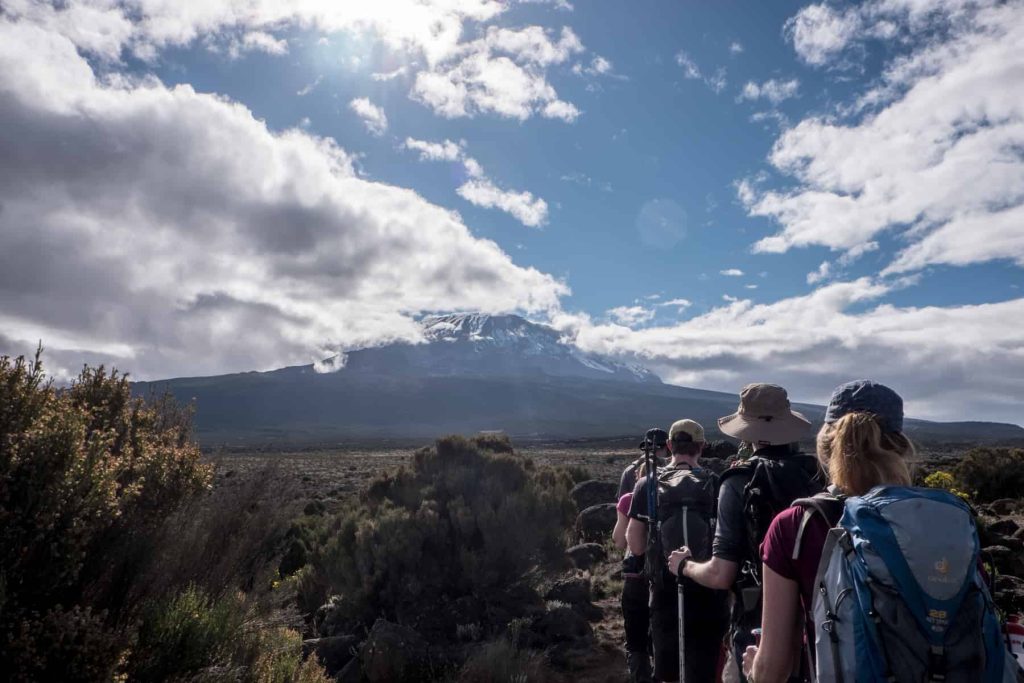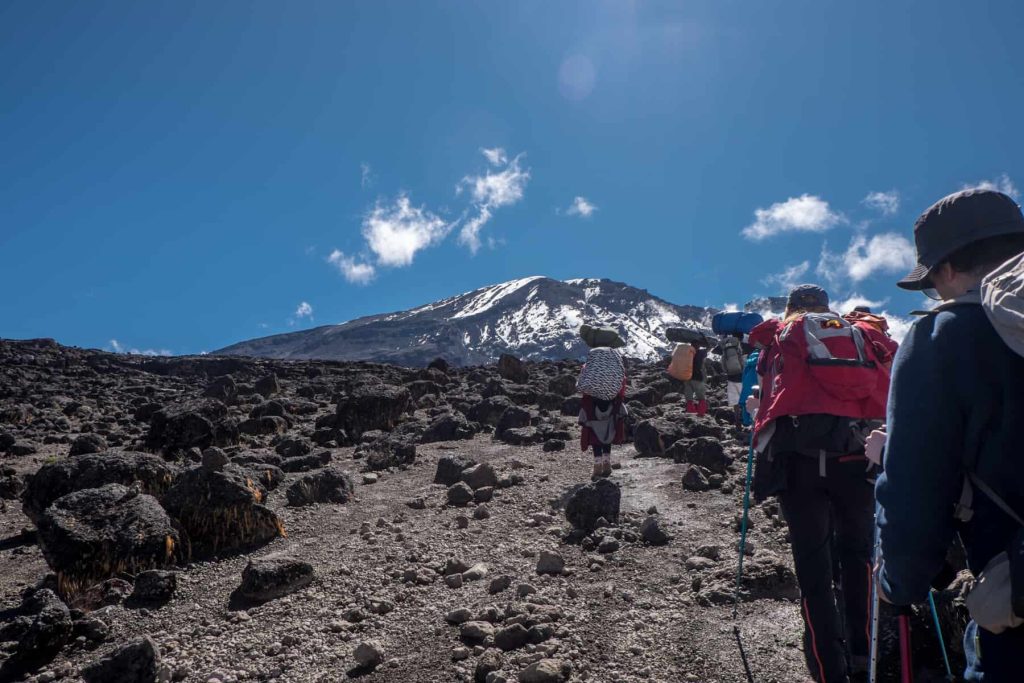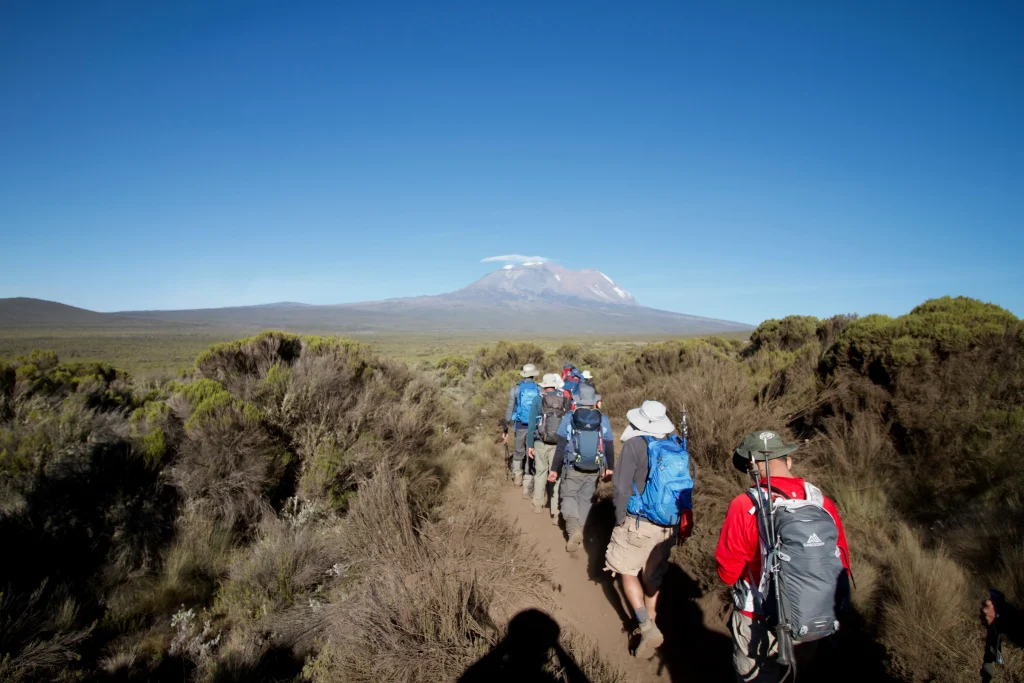- Arusha City - Tanzania
- info@iartistadventure.com
- HOME
- ABOUT US
- TANZANIA SAFARI & TOUR
- Tanzania Cultural & Day Tours
- Multi-Days Safari & Tours
- 2 Days Tanzania Big 5 Safari
- 3 Days Tanzania Short Safari
- 4 Days Tanzania Safari & Cultural Tour
- 5 Days Tanzania Northern Circuit Safari
- 6 Days Tanzania Northern Circuit Safari
- 6 Days of Untamed Beauty: Tanzania Safari with Nighttime Thrills
- 7 Days Tanzania Northern Circuit Safari
- 9 Days Serengeti Grand Tour & Safari
- 10 days Serengeti Safari and Zanzibar Beach
- 10 Days Mount Meru Trekking, Serengeti and Ngorongoro Safari
- 12 Days Kilimanjaro Combined Tanzania Safaris
- 15 Days Kilimanjaro, Serengeti Safari & Zanzibar
- Luxury Safari
- 11 Days Tanzania Serengeti & Chimpanzee Safari
- 9 Days Tanzania’s Luxury Hidden Gem Safari & Island
- Crater, Serengeti & Mara Safari
- Secret Gorillas, Chimps, Serengeti & Crater
- 13 Day Luxury Uganda, Kenya & Tanzania Safari
- Tanzania Serengeti & Chimps
- Tanzania North and South luxury Safari
- Tanzania Classic Northern Circuit
- East Africa Year-Round Migration Safari
- Luxury Tanzania Safari & Beach
- Kilimanjaro Luxury Trekking on the Lemosho Route
- Good Value Migration & Beach
- East Africa’s Mara, Crater & Serengeti Migration Safari
- East Africa’s Gorillas, Serengeti & Zanzibar
- Tanzania’s Best Value Migration Safari
- Tanzania’s Highlands & Serengeti East
- Tanzania’s Luxury Manyara, Crater & Migration Safari
- Ultra-Luxury Tanzania Safari Retreat
- Ultra-luxury Tanzania Lodge & Tented Safari
- Tanzania’s Tented Crater & Migration Safari
- Ultra-Luxury Tanzania & Kenya Safari
- Ultimate Kenya & Tanzania Sky Safari
- East Africa Year-Round Migration Safari
- CLIMBING
- DESTINATIONS
- BLOG
- CONTACT US
6 Days Kilimanjaro Marangu Route
The Marangu Route is also known as the “Coca-Cola” or “tourist” route. It is the easiest and shortest route to the summit. This is also the only route with the comforts of sleeping huts at every campsite with solar lights and comfortable beds. The huts are communal, and the bunks have a sponge mattress and pillow.
There are 60 beds at both Mandara and Kibo Huts and 120 beds at Horombo Hut. Bathrooms and running water are available at the two lower huts. Men’s and ladies’ latrines are available at the last camp but are very basic.
All climbing groups, often from several countries around the world, share meals in dining huts providing a jovial and energetic atmosphere. Soft drinks, bottled water, and beer may be for sale at the huts. Bring small Tanzanian bills to purchase these items (prices increase with elevation).
This route is usually done in 5 days but can be done in 6 days for better acclimatization. The extra day can be spent resting at Horombo or climbing the small peak of Mawenzi.
Day 1: Arrive at Kilimanjaro Airport, transfer to Arusha city
Arrive at Kilimanjaro Airport, Transfer to Arusha city.
*** A driver will meet you at Kilimanjaro Airport after you go through immigration and customs. Look for someone with a sign that says “I Artist Adventure” and/or your name. It takes a minimum of 45 minutes to get to Arusha city with no traffic.
There will be a trek orientation with your Kilimanjaro guide today and an opportunity to get any rental items that you may need and also pack for the trek. You can leave extra luggage that is not needed on the trek at the hotel.
If you have time, we recommend an extra rest day before your trek.
Meals included: n/a
Mid-Range Accommodations: Hotel or Lodge in Arusha city.
Day 2: Drive to Kilimanjaro National Park Rongai Gate (Nale Moru), Hike to Simba Camp
Drive to the attractive wooden village of Nale Moru (about 2 hours including a stop to get permits at Marangu). After signing in and preparing the porters, you will begin the hike on a wide path that winds through fields of maize and potatoes before entering the pine forest. The track then starts to climb consistently but gently through an attractive forest that shelters a variety of wildlife. The forest begins to thin out and the first camp is at the edge of the moorland zone with extensive views over the Kenyan plains.
— Elevation: 2000m/6560ft to 2650m/8700ft
— Distance: 6km/4mi
— Hiking Time: 3-4 hours
— Habitat: Montane Forest
Meals included: Breakfast, Lunch, Dinner
Budget Accommodations: Simba Camp
Day 3: Hike Simba Camp to Second Cave
The morning hike is a steady ascent up to the Second Cave with superb views of Kibo and the Eastern ice fields on the crater rim.
— Elevation: 2650m/8700ft to 3450m/11,300ft
— Distance: 6km/4mi
— Walking Time: 3-4 hours
— Habitat: Moorland
Meals included: Breakfast, Lunch, Dinner
Budget Accommodations: Second Cave Camp
Day 4: Hike Second Cave to Kikelewa Camp
Head out across the moorland on a smaller path toward the jagged peaks of Mawenzi. The campsite is in a sheltered valley with giant senecios nearby.
— Elevation: 3450m/11,300ft to 3600m/11,800ft
— Distance: 9km/5mi
— Walking Time: 2-3 hours
— Habitat: Semi-desert
Meals included: Breakfast, Lunch, Dinner
Budget Accommodations: Kikelewa Camp
Day 5: Hike Kikelewa Camp to Mawenzi Tarn
A short but steep climb up grassy slopes is rewarded by superb views. Leave the vegetation behind shortly before reaching the next camp at Mawenzi Tarn, spectacularly situated in a cirque directly beneath the towering spires of Mawenzi. The afternoon will be free to rest or explore the surrounding area as an aid to acclimatization. If you are spending an extra day on the mountain, you will camp for two nights here. You can hike up and around Mawenzi for your acclimatization hike.
— Elevation: 3600m/11,800ft to 4330m/14,200ft
— Distance: 6km/4mi
— Walking Time: 3-4 hours
— Habitat: Semi-desert
Meals included: Breakfast, Lunch, Dinner
Budget Accommodations: Mawenzi Tarn Camp
Day 6: Hike Mawenzi Tarn to Kibo Hut
Cross the lunar desert of the ‘Saddle’ between Mawenzi and Kibo to reach Kibo campsite at the bottom of the Kibo crater wall. The remainder of the day is spent resting in preparation for the final ascent very early.
— Elevation: 4330m/14,200ft to 4750m/15,600ft
— Distance: 9km/5mi
— Hiking Time: 4-5 hours
— Habitat: Alpine Desert
Meals included: Breakfast, Lunch, Dinner
Budget Accommodations: Kibo Hut Camp
Day 7: Kibo Camp to Summit and Horombo Hut
Very early in the morning (midnight to 2 am), commence the climb to the summit on steep and heavy scree or snow up to Gilman’s Point located on the crater rim (elev 5700m/18,700ft). Continuing, we now ascend to Uhuru Peak, which is the highest point in Africa. There are unbelievable views at every turn. Have your picture taken at the summit to show your friends and family. From here we descend, stopping for lunch and a rest at Kibo before continuing on to the Horombo encampment. The beginning of this climb is done in the dark and requires headlamps or flashlights. It will be very cold until you start descending, so you will need all of your warm layers. This is by far the most difficult part of the trek with many switchbacks. Going slowly “pole pole” and an optimistic attitude will get you there!
— Elevation: 4700m/15,500ft to 5895m/19,340ft
— Down to 3700m/12,200ft
— Distance: 6km/4mi up / 15km/9mi down
— Hiking Time: 6-8 hours up / 15km/9mi down
— Habitat: Alpine Desert
Meals included: Breakfast, Lunch, Dinner
Budget Accommodations: Horombo Hut Camp
Day 8: Hike Horombo Hut to trail head, drive to Arusha city
After breakfast, a steady descent takes us down through the moorland to the Mandara Hut. Continue descending through the lush forest path to the National Park gate at Marangu. At lower elevations, it can be wet and muddy. Gaiters and trekking poles will help. Shorts and T-shirts will probably be plenty to wear (keep rain gear and warmer clothing handy). A vehicle will meet you at Marangu village to drive you back to your hotel in Moshi (about 1 hour). Don’t forget to tip your guides and porters. It is time for celebration!
— Elevation: 3700m/12,200ft to 1700m/5500ft
— Distance: 20km/12.5mi
— Hiking Time: 4-5 hours
— Habitat: Forest
Meals included: Breakfast
Mid-Range Accommodations: hotel or Lodge in Arusha city
Day 9: Transfer to Kilimanjaro Airport
Drive to Kilimanjaro Airport for departure, or continue on for your safari.
Meals included: Breakfast
Price includes
All transfers to the mountain and back to your Arusha hotel
Professional, experienced, mountain guides
Guides, Porters, Cook salaries, and park fees
Quality, waterproof, four-season mountain sleeping tents
Sleeping Mattress
All meals while on the Mountain
Quality Mess tents with table and chairs
Large portions of fresh, healthy, nutritious food
Clean, purified drinking water
Conservation fees (part of park fees)
Camping or Hut fees (part of park fees)
Rescue fees (part of park fees)
VAT (18% charged by the Government)
Surcharge for online payment of the deposit (5%)
Price Excludes
Airport transfers
Accommodation in Arusha
Tanzania Visa
Gratuity
Personal Expenses (e.g. laundry, telephone, beverages, etc.)
Meals not listed above
Optional Tours (short safari after your climb etc)



